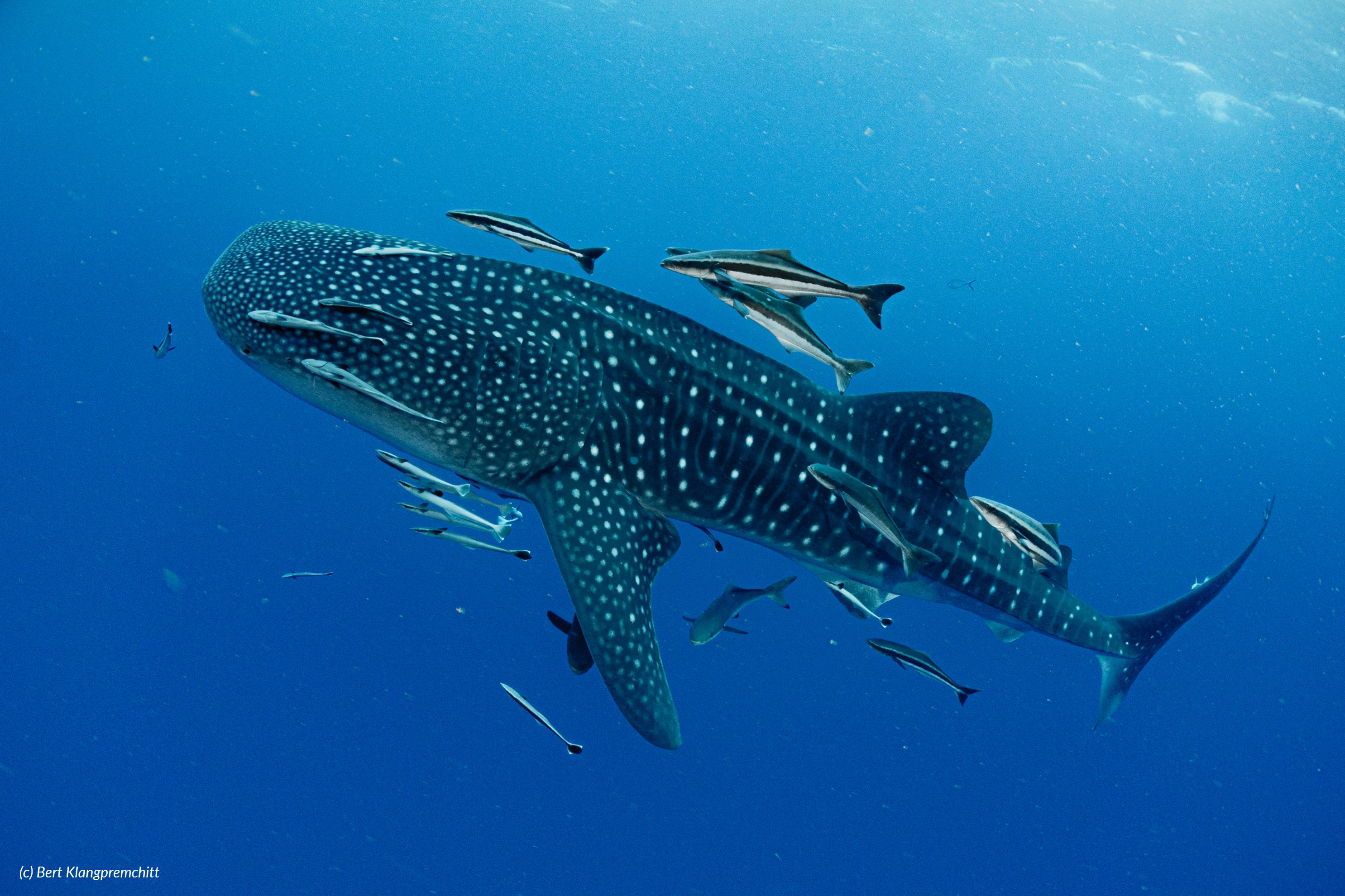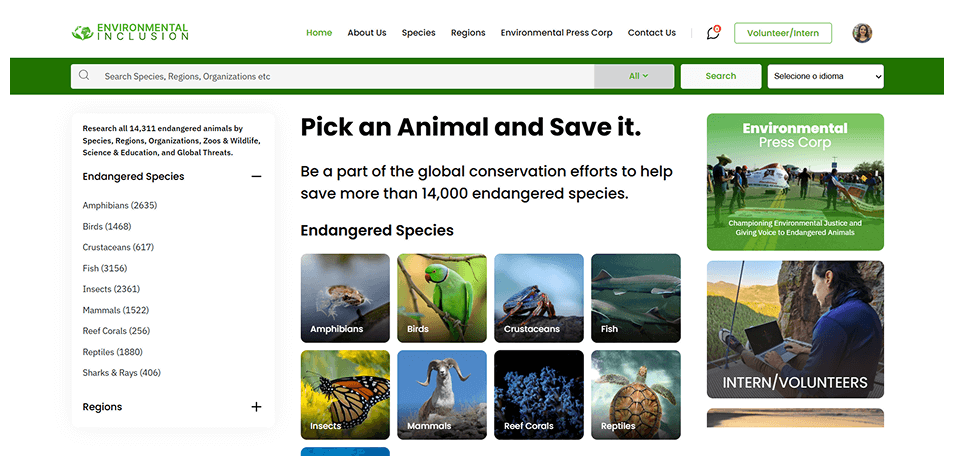International Shark Awareness Day From Fear To Guardian Of The Seas

Every July 14, the marine conservation community observes International Shark Awareness Day—also known simply as Shark Awareness Day—a global tribute to shark species and the critical roles they play in ocean ecosystems. Established in the 1990s in the U.S. and now gaining international momentum, the day's purpose is to challenge misconceptions, raise awareness, and promote meaningful conservation action. Decades ago, popular culture fueled intense fear of sharks, epitomized by the blockbuster film Jaws in 1975. Today, we recognize that over a third of shark species are threatened, and approximately 100 million are killed each year—mainly via overfishing, bycatch, and the fin trade. Shark Awareness Day seeks to reshape this narrative, spotlighting sharks' vital role as apex predators that maintain balanced marine environments. On this day, ocean educators, NGOs, and communities host workshops, film screenings, beach cleanups, and citizen science events. These efforts aim to debunk myths, such as sharks being mindless killers, and instead highlight their evolutionary resilience—having survived for over 400 million years, long before the dinosaurs. A powerful success story inspired by Shark Awareness Day is Misión Tiburón's work in Golfo Dulce, Costa Rica. Through awareness campaigns and scientific research into scalloped hammerhead shark nurseries, the organization helped establish Central America’s first juvenile shark sanctuary. In 2018, the Costa Rican government formally designated over 10,000 acres as a protected sanctuary, thanks to grassroots and NGO pressure tied to Shark Awareness Day activities. This sanctuary provides crucial safe zones for juvenile sharks, allowing them to grow with dramatically reduced threats from fishing and habitat disturbance. Shark Awareness Day fosters impactful community involvement. In India, the Wildlife Trust of India organizes workshops and art competitions to educate coastal communities about sharks and bycatch mitigation—promoting “cut the net, let them swim” practices. In Europe, LIFE ELIFE partners across Italy, Greece, and Cyprus use Shark Awareness Day events to advocate for protected marine zones supporting shark life cycles. Scientific initiatives like the Global Shark Movement Project, led by researcher David Sims, align with Shark Awareness Day’s goals. This project tracks over 2,000 satellite-tagged sharks worldwide and has identified overlaps with fishing hotspots—helping shape marine reserves and fisheries regulations. This data-driven approach is influencing global policy, such as migratory shark agreements and CITES protections. On International Shark Awareness Day, you can: • Learn about shark species and their role in ocean health. • Support conservation through donations to groups like Misión Tiburón and Wildlife Trust of India. • Advocate for marine protected areas and responsible fishing practices. • Participate in beach events, workshops, or virtual campaigns. As this day continues to evolve, its impact grows—from changing public narrative to enabling legal protections, sanctuary creation, and community-based stewardship. Sharks are no longer feared—they’re recognized as essential allies in maintaining the health of our oceans. On International Shark Awareness Day, let’s celebrate their ancient legacy and recommit to protecting these sentinels of the sea.
Photos and Videos

Explore More
To read more about this species and 14,000 other species around the world come to our website, register and explore more courageous stories like this one.
Pick an Animal and Save It